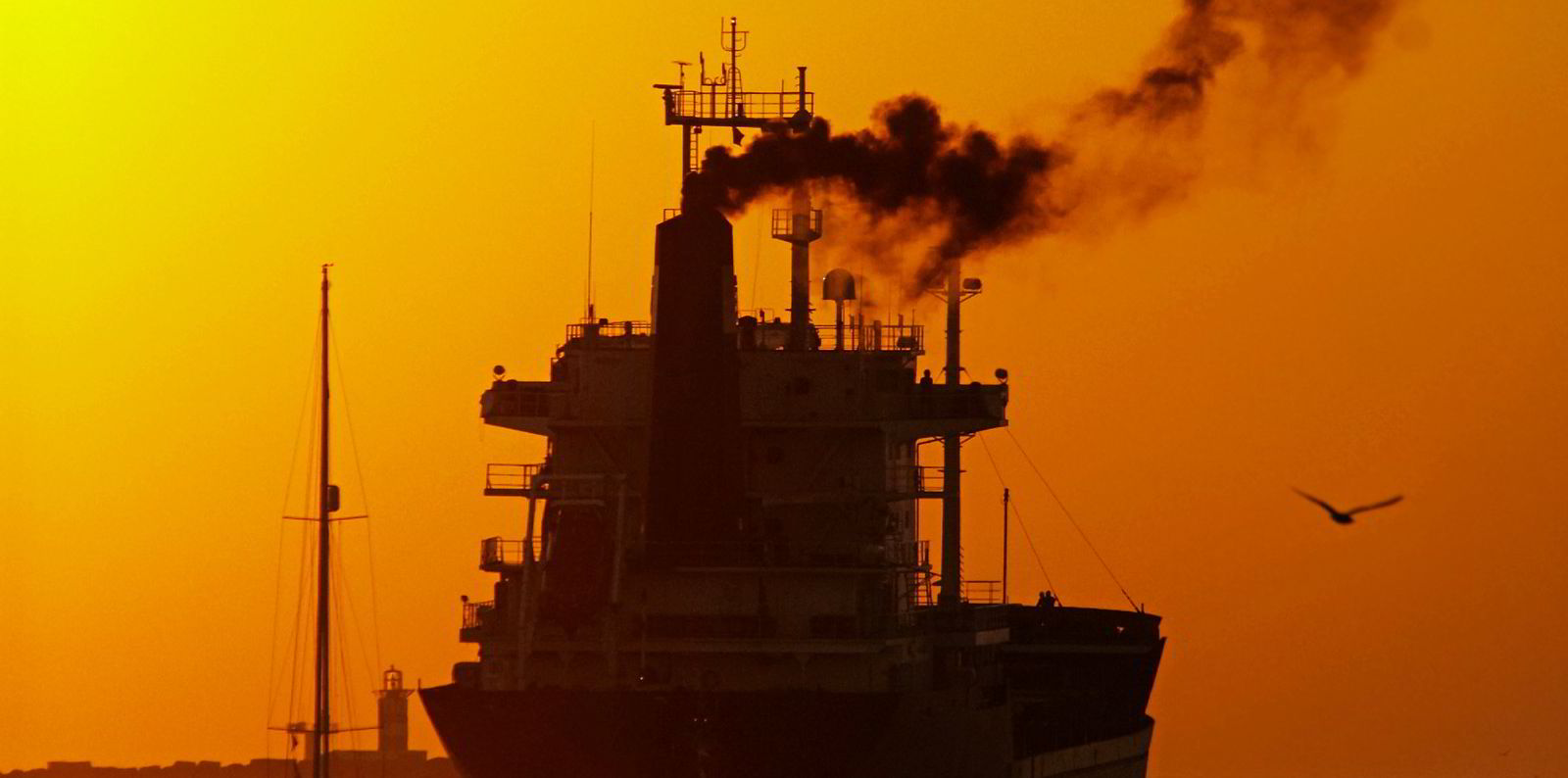Two Pacific Island countries have called for a $100-per-tonne decarbonisation fuel levy to be established by the International Maritime Organization.
Under proposals from the Marshall Islands and Solomon Islands — which are already suffering the effects of climate change — funds raised would be used to reduce shipping’s greenhouse gas emissions and mitigate the impact of climate change in "climate-vulnerable countries".
The move will come up against an alternative proposal tabled earlier by Greece, Japan, Liberia and others for the IMO to establish a $5bn research and development (R&D) decarbonisation fund.
But the two Pacific Island countries described this proposal as “inadequate” to achieve the IMO’s decarbonisation targets.
Under the fresh proposal, funds raised will not only be used to help develop decarbonisation technology but also to mitigate the effects of climate change on developing countries.
“The majority of the funds raised from the levy would help climate vulnerable countries like ours to meet different climate-change adaptation and mitigation needs," the two Pacific Island countries said in their proposal.
"Another portion of funds would be directed to subsidise the research, development, and deployment of new technologies and fuels administrated under the mandate of the IMO."
Funding split
The Marshall and Solomon islands are suggesting that 51% of the funds raised are used for climate change mitigation, 33% for R&D and 16% for administration costs.
The proposal also said such a fund would help the IMO maintain a leadership role in the decarbonisation of shipping emissions over regional action, such as the European Union’s proposed emissions trading system.
The Pacific Islands said such regional measures should be avoided and the emphasis placed on a global approach to reduce carbon emissions. "We note that such a ‘patchwork quilt’ is a poor substitute for a universal regime and is likely to create widening inequity for the most disadvantaged nations and the climate vulnerable in particular."
Decarbonisation fund proposals are set to be discussed at the upcoming IMO Marine Environment Protection Committee meeting in June.
The IMO has set a target of halving shipping’s carbon emissions by 2050.





